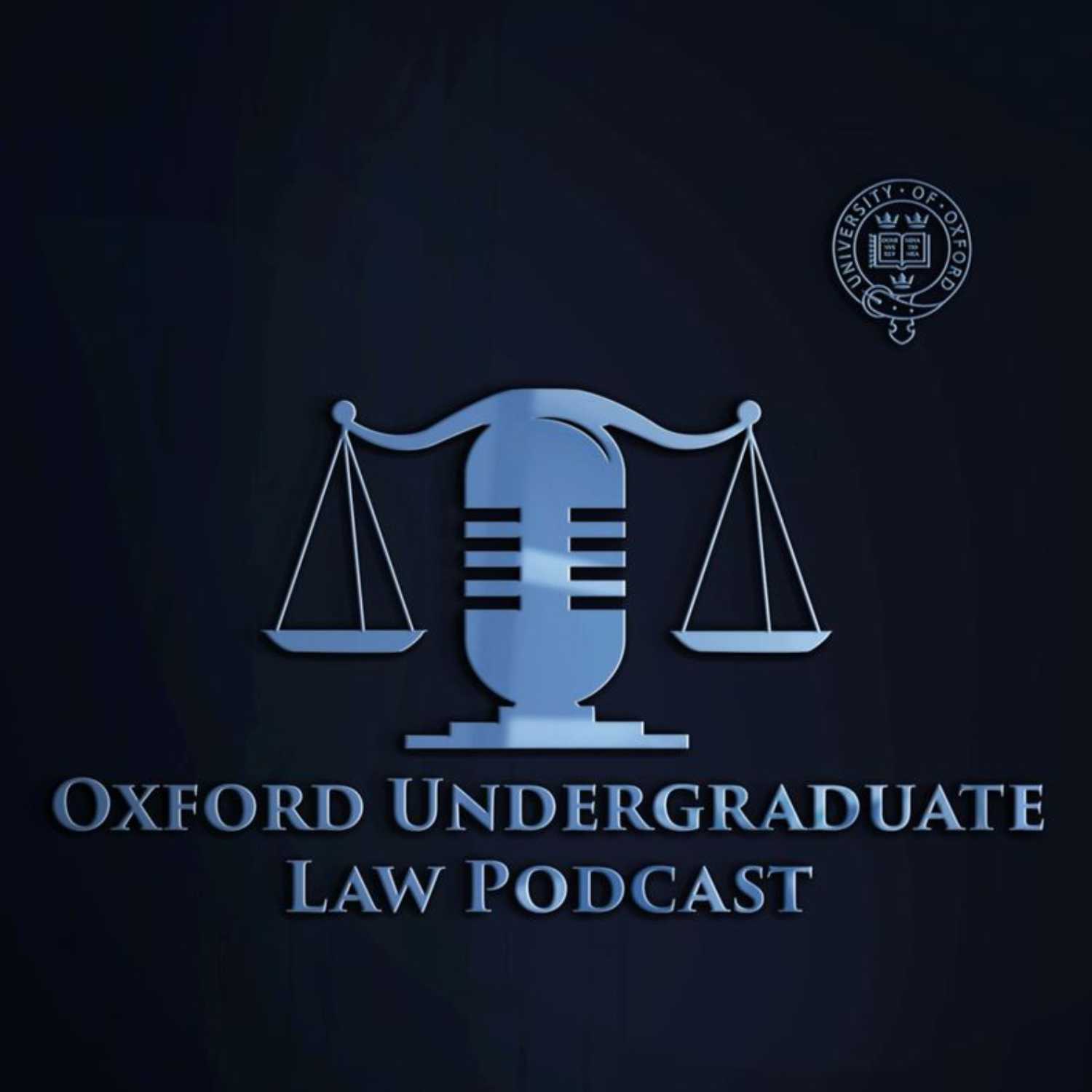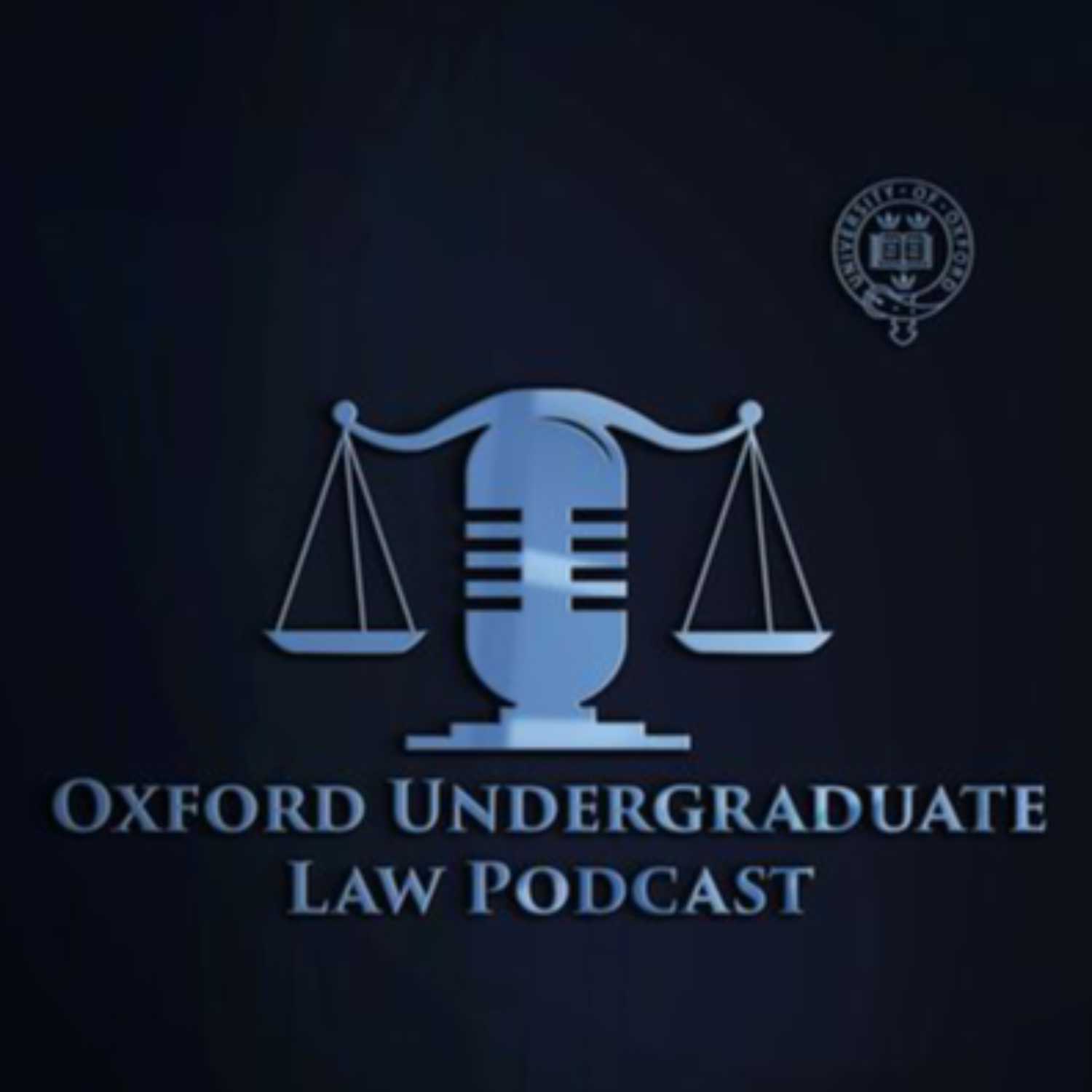Describing Disability in the Law with Dr Heloise Robinson
Description
The definition of disability is primarily governed by the Equality Act 2010. One is considered to have a disability if they have a physical or mental impairment that has a ‘substantial’ and ‘long-term’ negative effect on one’s ability to do normal daily activities. The law as it relates to disability affects a range of social interactions, from discrimination to a duty to make reasonable adjustments, and conversations surrounding it primarily focus on ethical considerations and the legal decisions themselves. However, an often-forgotten aspect of disability law is the terminology legislation and the judiciary specifically use to describe and label disability, which has profound impact on how people understand and treat people with disabilities.
In this episode, Elysia interviews Dr Heloise Robinson, Singer Fellow in Law at the University of Oxford. Dr Robinson is interested in the philosophical foundations that inform the law, with a special focus on legal and ethical issues surrounding the selection against disability, including in relation to eugenics, and to gender equality. Her work has been published in leading law and bioethics journals, such as the Modern Law Review, Legal Studies, the Journal of Medical Ethics, and the Cambridge Quarterly of Healthcare Ethics.
Publications referenced/drawn from:
Robinson H, Herring J. Naming and Describing Disability in Law and Medicine. Camb Q Healthc Ethics. 2024 Jul;33(3):401-412. doi: 10.1017/S0963180123000609. Epub 2024 Jan 2. PMID: 38163993.
Robinson, H. (2023). Discrimination in Abortion Law and the Message the Law is Sending: R (Crowter) v Secretary of State for Health and Social Care. The Modern Law Review, 87(1), 218–230. https://doi.org/10.1111/1468-2230.12831. Accessed from: https://onlinelibrary.wiley.com/doi/10.1111/1468-2230.12831.







